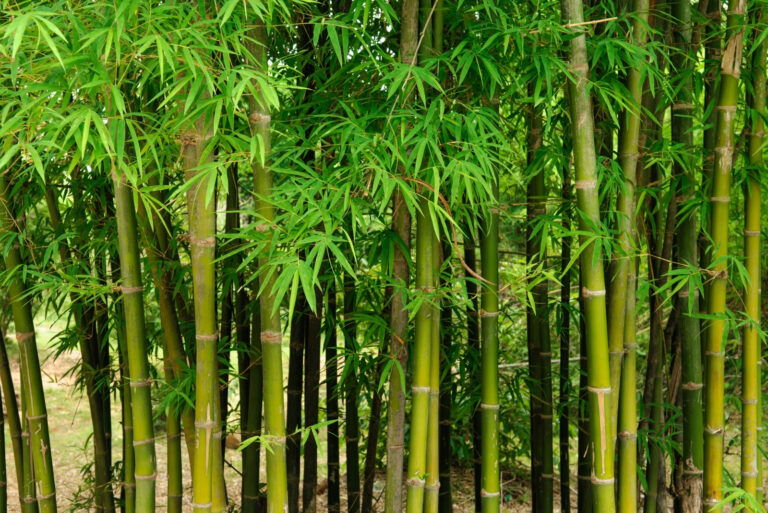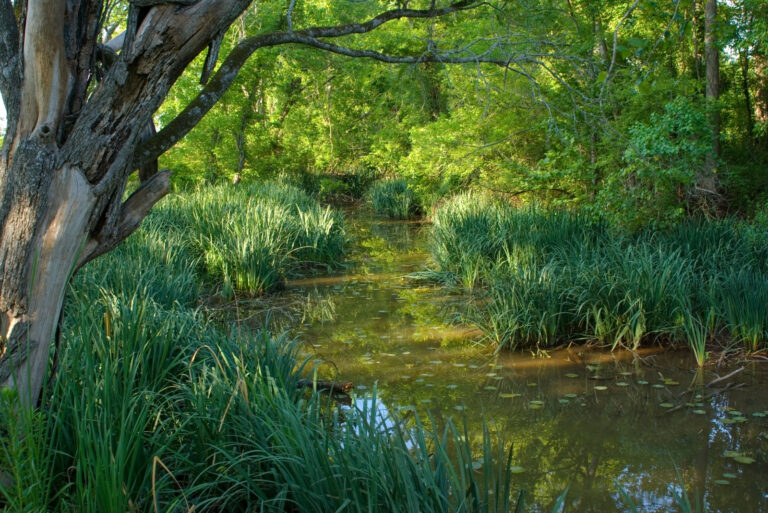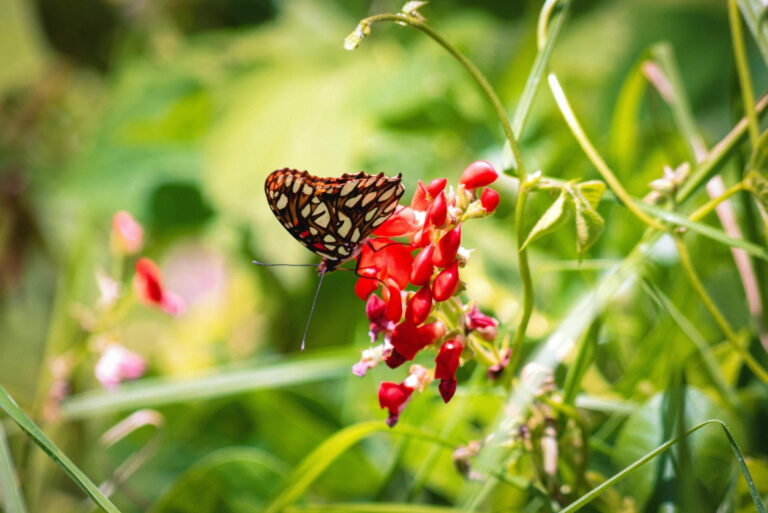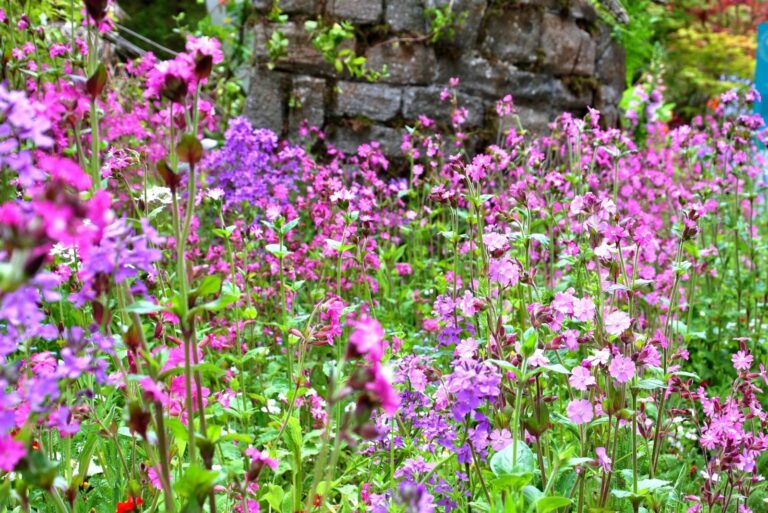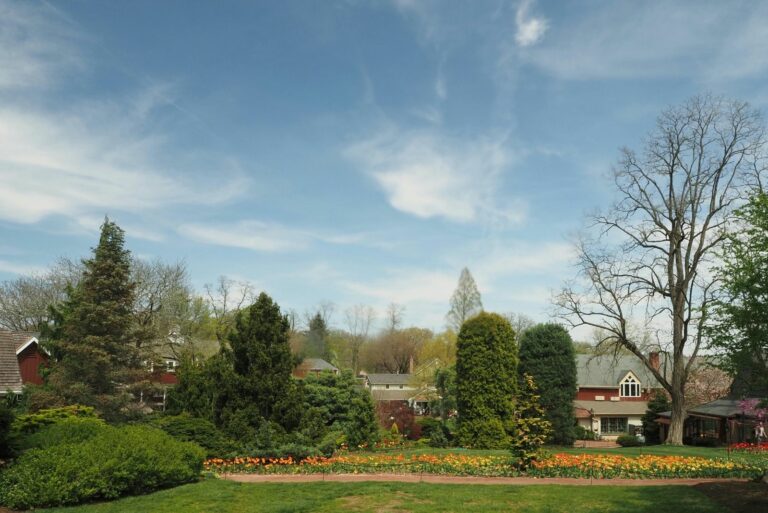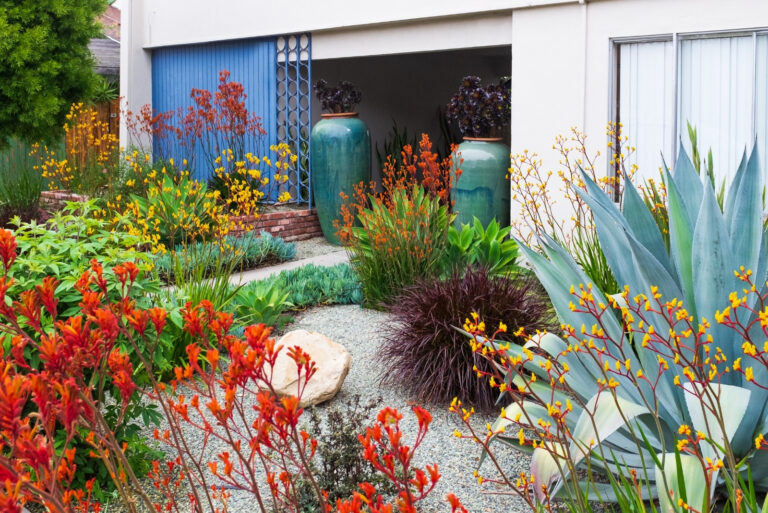How Tulip Festivals Reflect Culture In Michigan
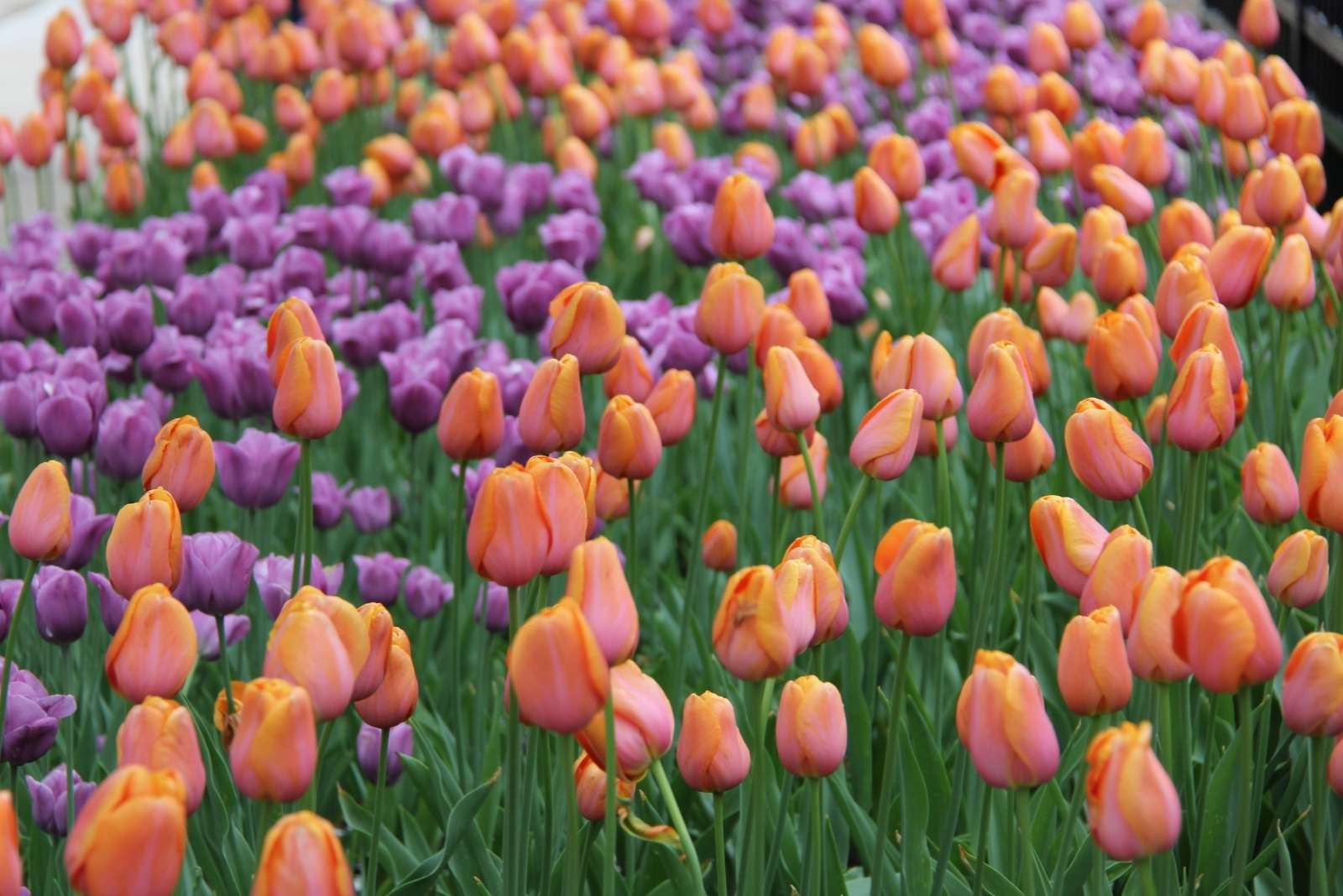
Michigan’s tulip festivals are a lively celebration full of color, music, and laughter. Everywhere you look, rows of tulips seem to dance in the breeze, each one carrying a bit of history.
Locals and visitors come together, sharing smiles and stories among the flowers. It’s the kind of event that makes you feel connected to both nature and community.
1. Klompen Dancing Performances
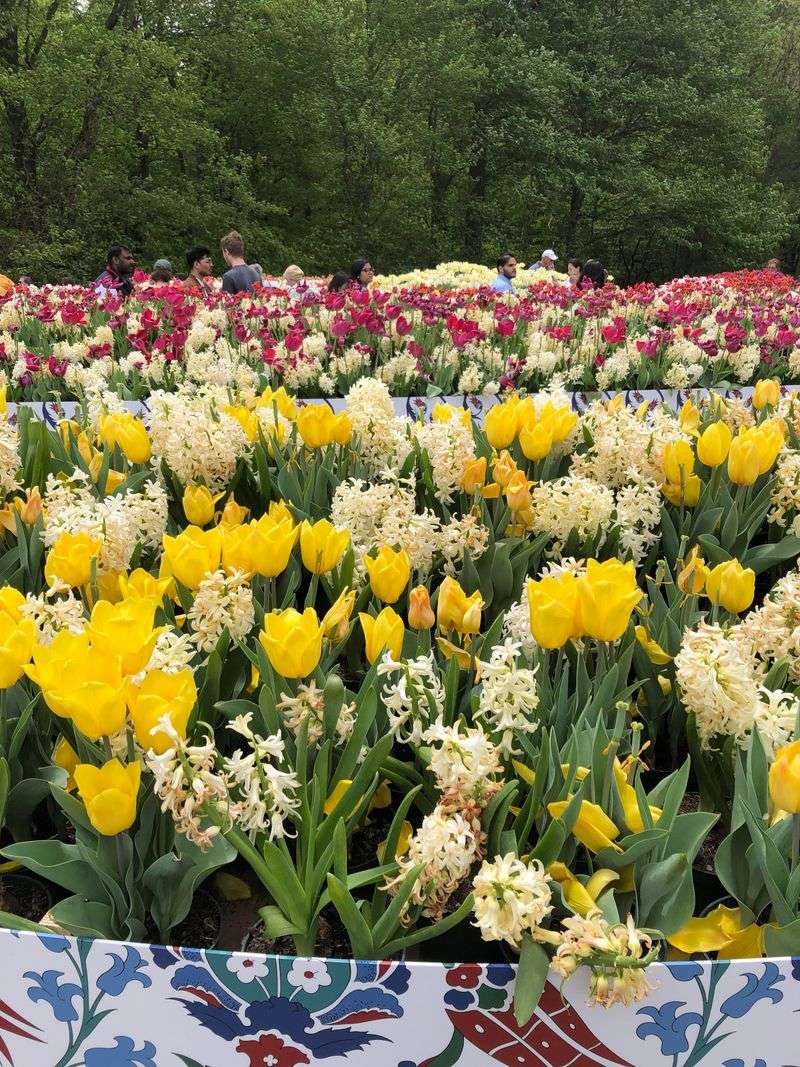
Wooden shoes tap rhythmically as dancers in traditional Dutch costumes perform throughout Michigan’s tulip festivals. These authentic performances connect visitors directly to the Netherlands’ cultural influence in the Great Lakes State.
Children and adults alike participate, having practiced for months to perfect these traditional routines passed down through generations of Dutch-American families in Michigan.
2. Dutch Food Celebrations
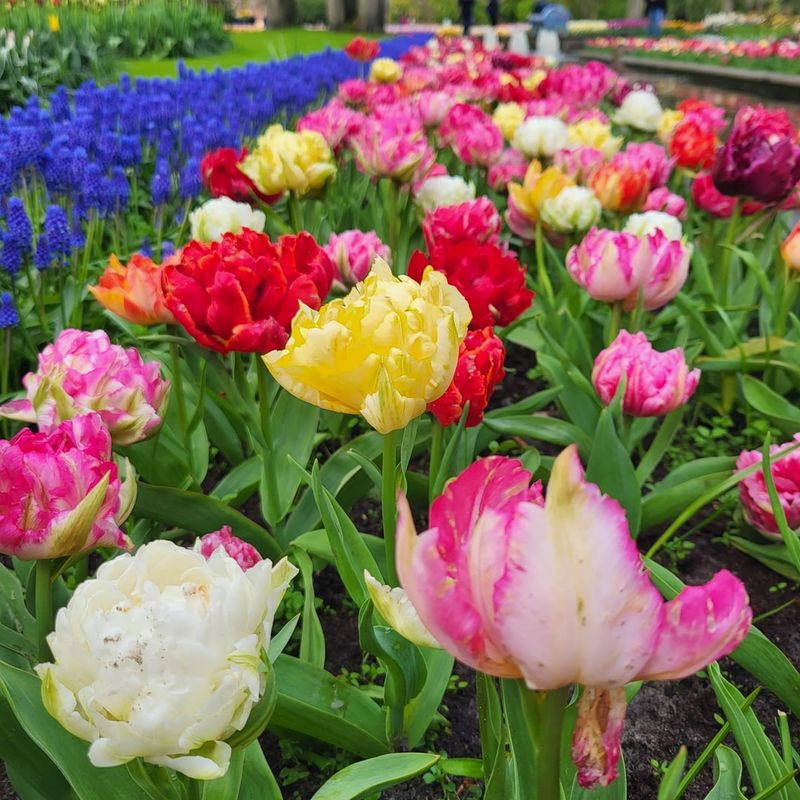
Aromas of freshly baked banket, stroopwafels, and poffertjes fill the festival air, tempting visitors with authentic tastes of the Netherlands. Michigan’s tulip celebrations transform into culinary adventures showcasing Dutch cooking traditions.
Local bakeries and food vendors proudly serve recipes handed down through generations, allowing festival-goers to experience Michigan’s Dutch heritage through these delicious cultural connections.
3. Historical Reenactments
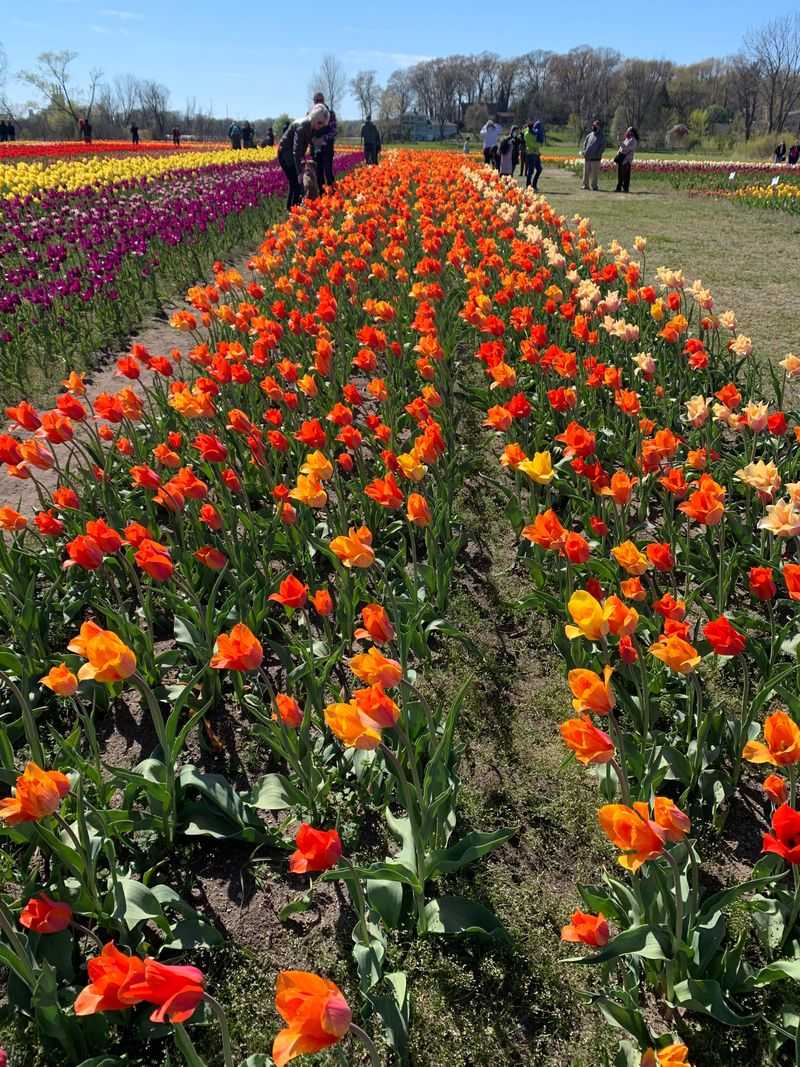
Costumed interpreters bring Michigan’s Dutch settlement history to life during these floral celebrations. Visitors learn about the challenges faced by early immigrants who brought tulip bulbs and traditions to the state’s sandy shores.
The reenactments showcase how these determined settlers transformed Michigan landscapes with European gardening techniques while maintaining cultural practices that continue to thrive at today’s festivals.
4. Artisan Craft Markets
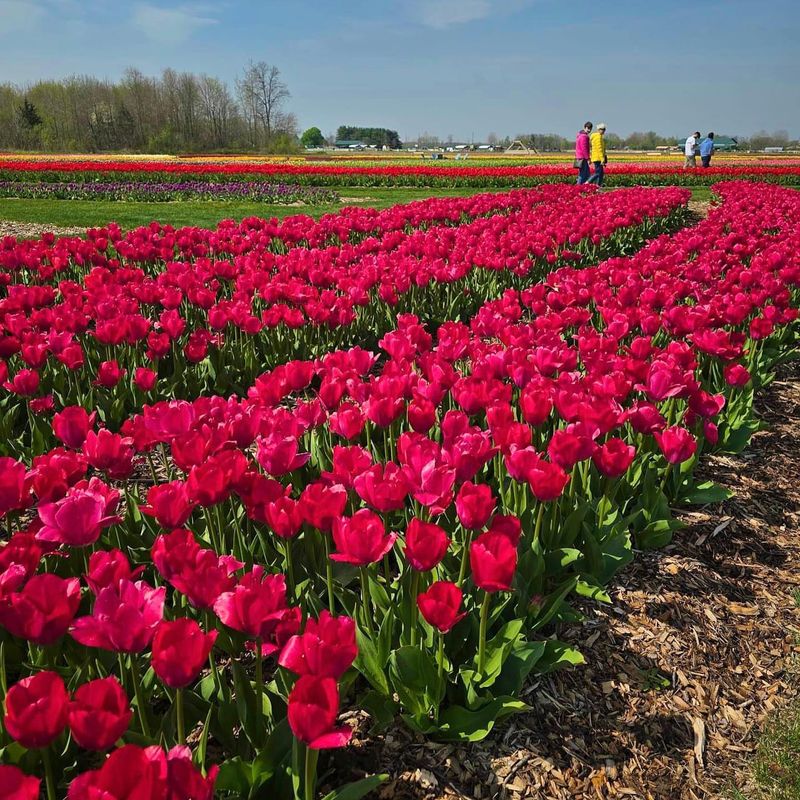
Skilled craftspeople showcase traditional Dutch-inspired arts during Michigan’s beloved tulip celebrations. Delft pottery, intricate wooden crafts, and hand-painted tulip souvenirs reflect centuries-old techniques adapted to Great Lakes aesthetics.
These markets provide Michigan artists a platform to preserve cultural craftsmanship while creating contemporary pieces that honor Dutch heritage, making the festivals important economic and artistic hubs.
5. Community Tulip Planting Traditions
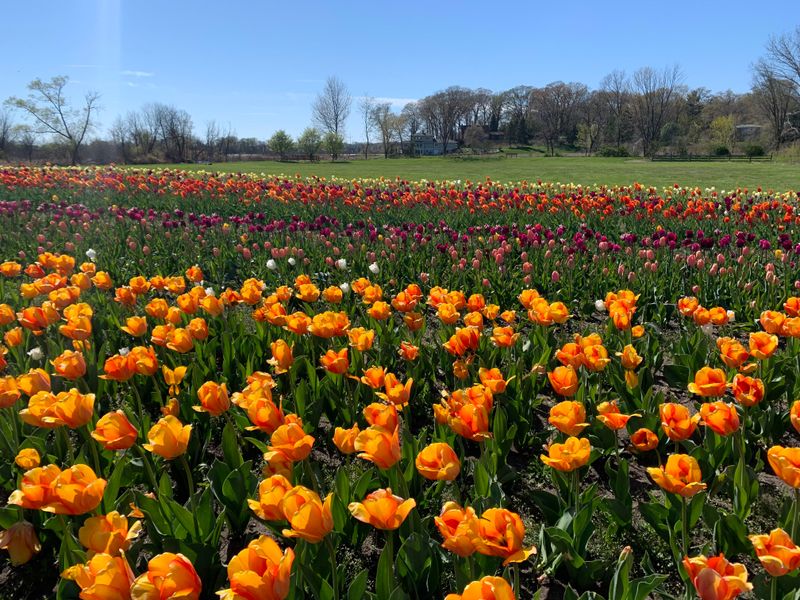
Months before festivals begin, Michigan communities gather for massive tulip planting events. Neighbors of all ages work side-by-side, planting thousands of bulbs in public spaces throughout towns like Holland and Grand Rapids.
These communal efforts strengthen local bonds while beautifying Michigan cities, demonstrating how tulip cultivation has evolved from Dutch tradition into a shared cultural experience that transcends ethnic backgrounds.
6. Tulip-Themed Parades
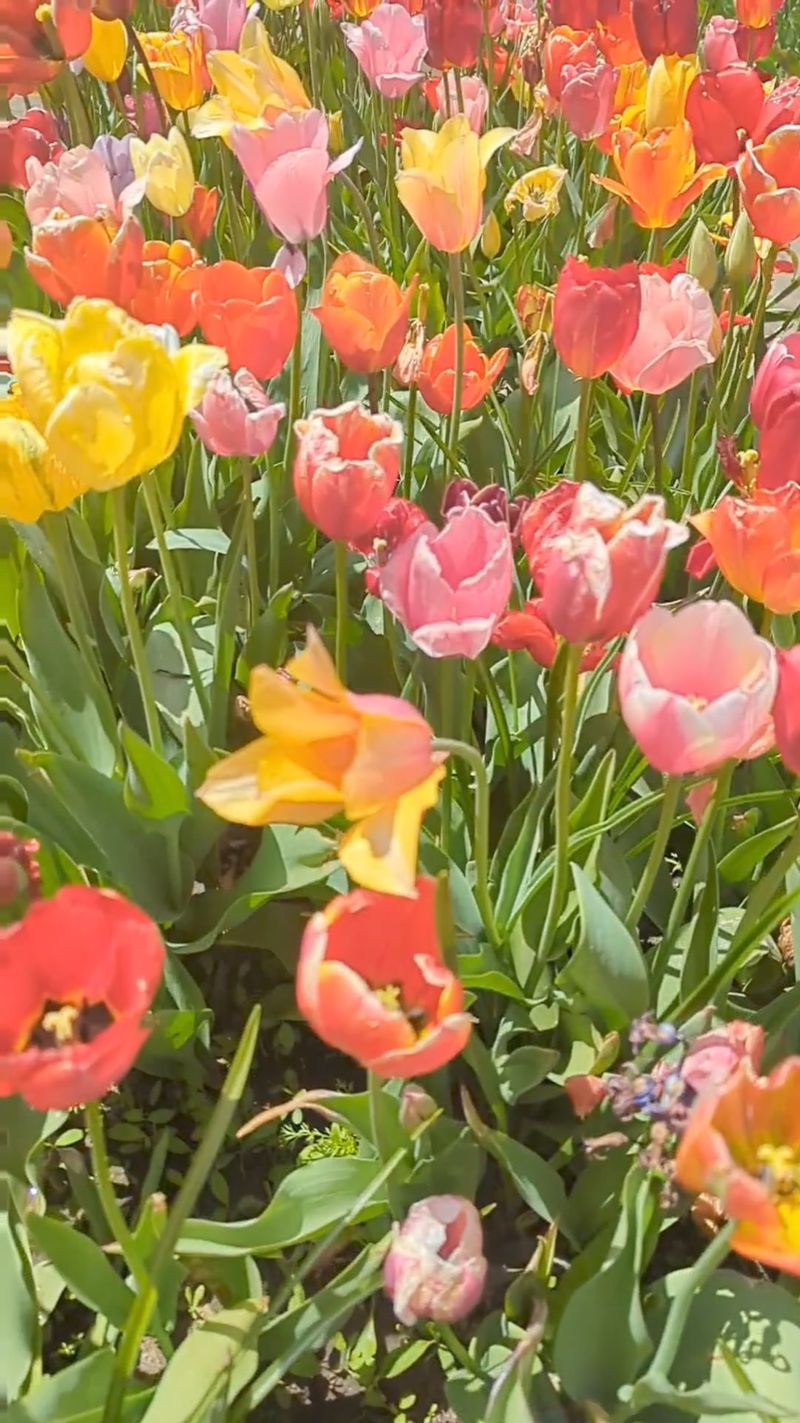
Elaborate floats adorned with thousands of tulips cruise through Michigan streets during these spectacular spring events. Community organizations, schools, and businesses spend months designing displays that celebrate both Dutch heritage and local Michigan pride.
The parades often feature traditional street-scrubbing ceremonies, where costumed participants clean roads with wooden brooms before the festivities begin – a uniquely preserved Dutch custom.
7. Educational Garden Tours
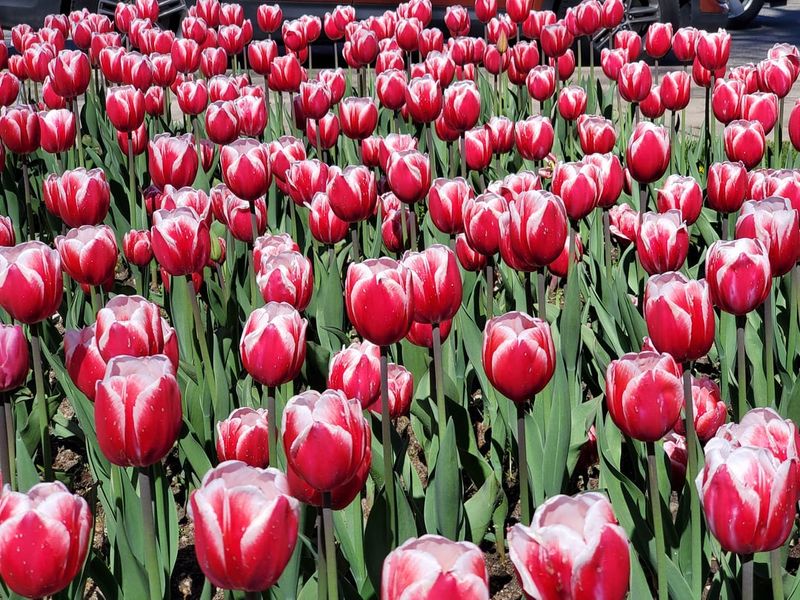
Master gardeners lead visitors through stunning tulip displays while sharing knowledge about cultivation techniques brought from the Netherlands. These tours highlight how Michigan’s climate uniquely suits tulip growing, despite differences from the flower’s European homeland.
Participants learn about Michigan’s adaptation of Dutch horticultural practices and how these beautiful blooms have become symbols of spring renewal throughout the state’s communities.
8. Multilingual Cultural Exchanges
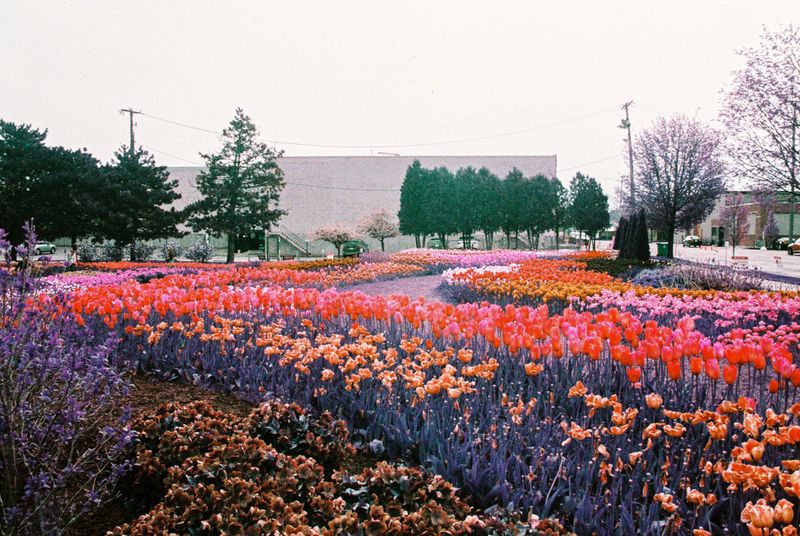
Festival areas dedicated to Dutch language and heritage create immersive cultural experiences for Michigan visitors. Volunteer instructors teach basic phrases, traditional songs, and customs, strengthening connections between modern Michiganders and their European roots.
These language exchanges have helped preserve Dutch linguistic traditions in Michigan communities, where some older residents still speak the language brought by their ancestors generations ago.
9. Intergenerational Storytelling Events
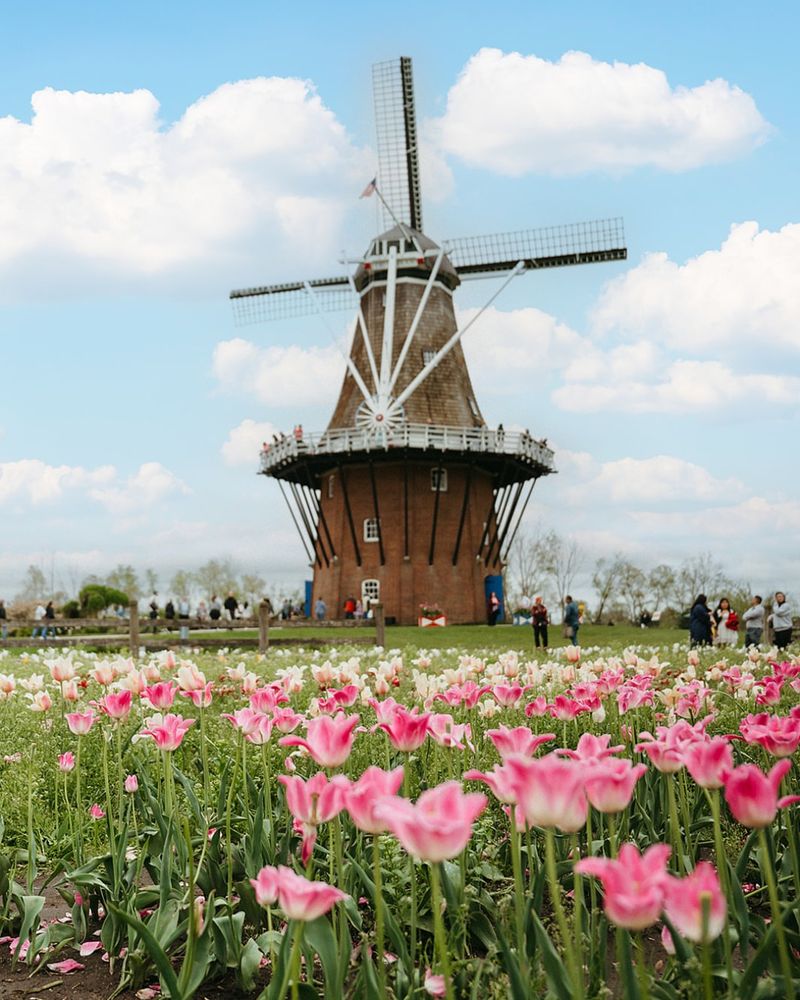
Elders share migration tales during special festival gatherings, passing down family histories of journey from the Netherlands to Michigan. Young visitors connect with their heritage through these firsthand accounts of cultural preservation and adaptation.
These storytelling traditions ensure Michigan’s Dutch history remains vibrant and personal, creating emotional connections that extend beyond the beautiful tulip displays to the human stories behind the state’s cultural celebrations.

